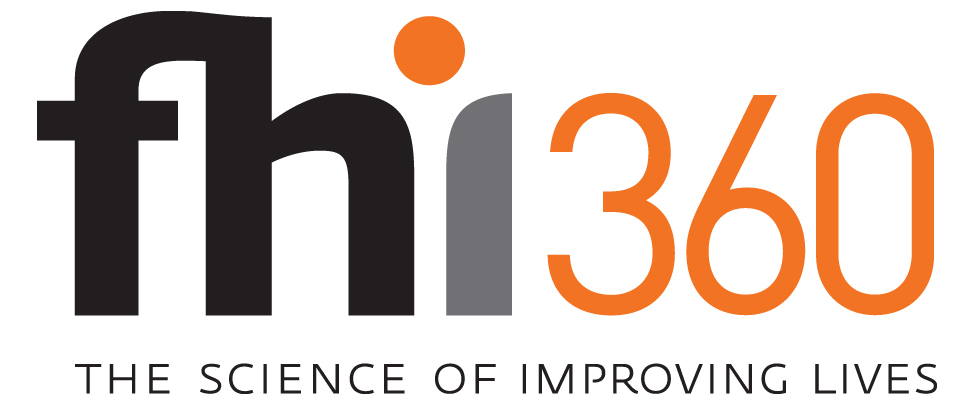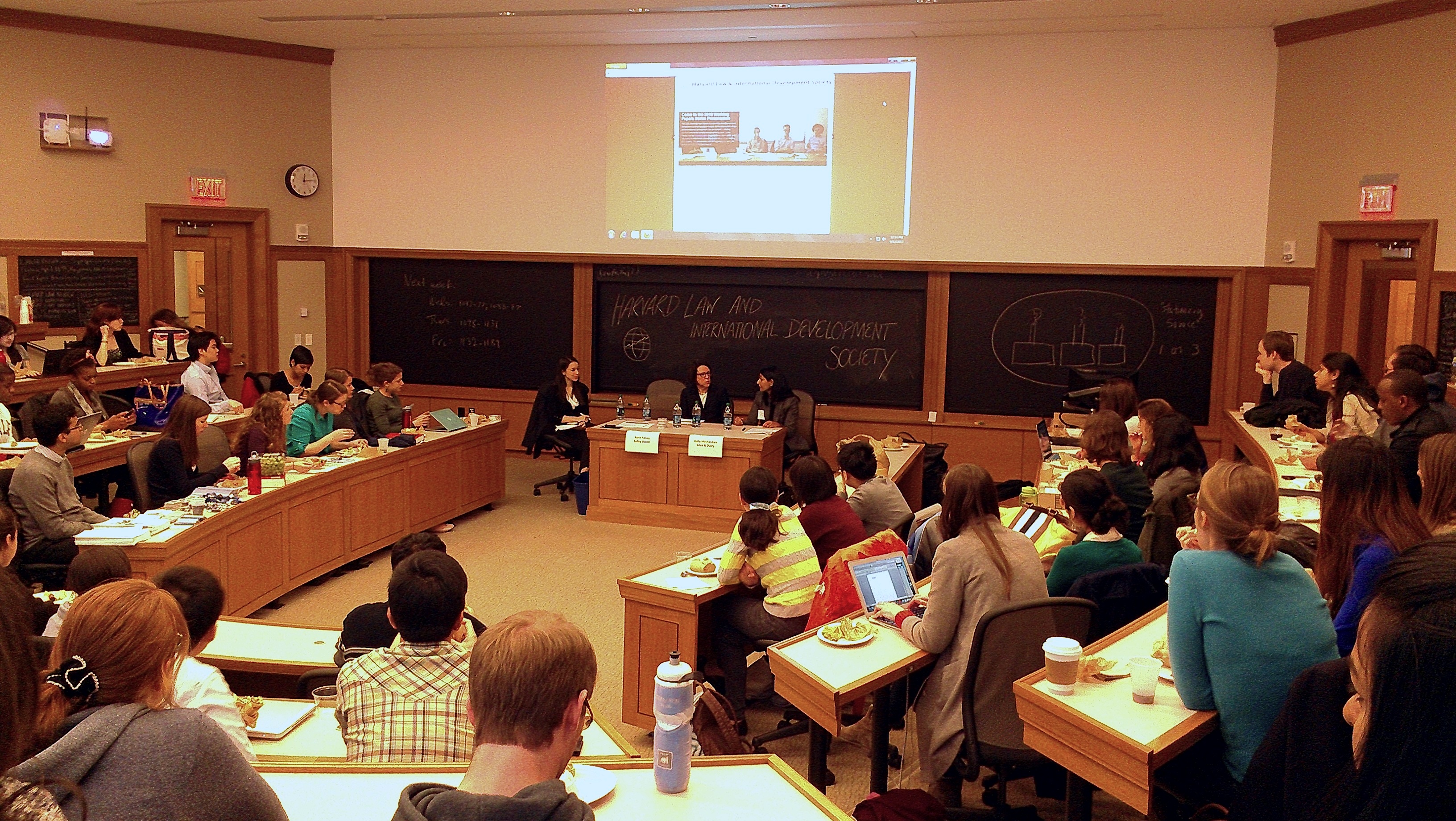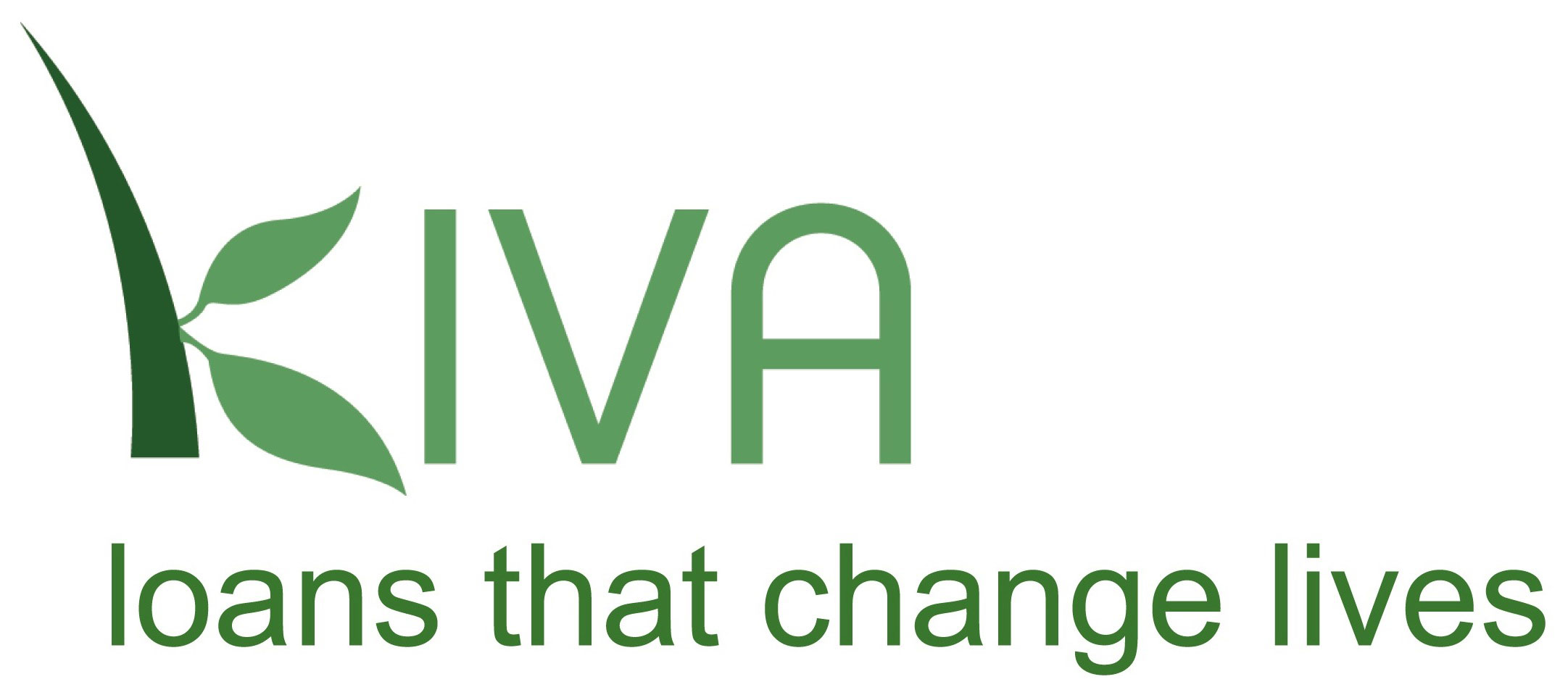FHI 360 is a nonprofit human development organization dedicated to improving lives in lasting ways by advancing integrated, locally driven solutions. Our staff includes experts in Health, Education, Nutrition, Environment, Economic Development, Civil Society, Gender, Youth, Research and Technology– creating a unique mix of capabilities to address today’s interrelated development challenges. FHI 360 serves more than 60 countries, all 50 U.S. states and all U.S. territories. FHI 360 is currently seeking qualified candidates for the position of Research Associate II, Global Learning, in Washington, DC.
Position Description:
FHI 360 is looking to fill the full-time position of Research Associate at the Education Policy and Data Center (EPDC) based in Washington, DC. EPDC is a research and analysis unit in the Global Learning Group of FHI 360. The FHI 360 Global Learning Group provides technical expertise and implements comprehensive education development programs across the globe.
Working under the oversight of EPDC Director, the Research Associate will play a key technical role in data management and research. Core tasks will include:
• Data management: data collection across a variety of data sources, including household surveys, achievement databases, national administrative data collection, and other relevant education data repositories. The incumbent will contribute to the development of Stata .do files, as well as adapt existing codes, used to gather relevant information on key education indicators, such as school participation rates, learning outcomes, the composition of school-going and out-of-school populations, etc., and ensure that the EPDC database is up to date.
• Identify historical and geographic trends and contribute to the development of core EPDC resources such as country profiles, data reports, and interactive tools for education planning.
• Lead or contribute to the design, implementation and publication of EPDC research on key issues in education, using sound quantitative research and analysis methods, with a particular emphasis on strengthening causal inference for non-experimental studies. The incumbent will be expected to contribute to larger team projects as well as initiate and lead smaller-scale projects.
• Lead or contribute to client-driven data analysis or visualization projects, including working with internal or external clients to conceptualize and develop project scopes and budgets, engaging in data management and analysis and the visual and written presentation of findings.
• Provide research and data services to ensure that relevant FHI 360 business development activities are well informed and data driven.
Minimum Requirements:
• Master’s degree in international education, international development, international policy, or related field.
• Minimum five years of experience in international education, with at least two years of experience working with large-scale datasets, including household surveys.
• Strong command of Stata a must, other statistical packages a plus.
• Good command of advanced functions and model building in Excel.
• Strong writing skills in English required (writing sample requested).
• Research experience, with at least three research projects that resulted in a conference presentation and completion of a paper, preferably using quantitative analysis of international education data.
• Language proficiency in French, Spanish, or Arabic a plus.
PLEASE APPLY ONLINE: Research Associate



